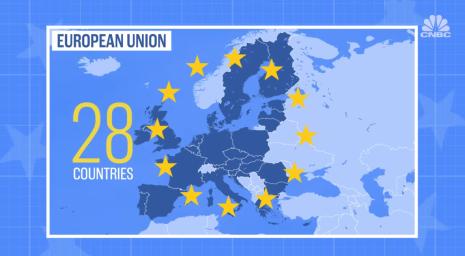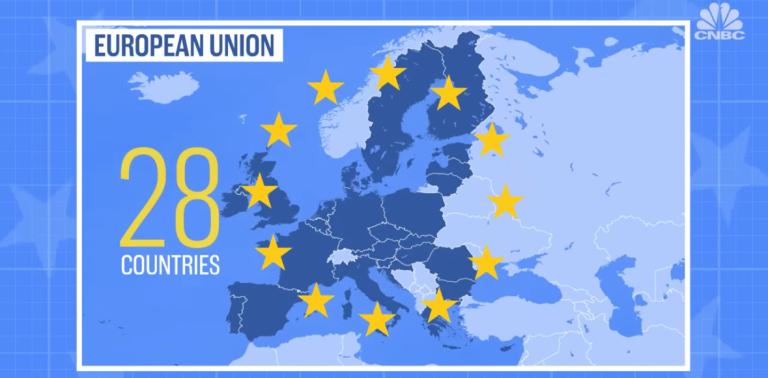A new European Union strategy not only threatens free speech, but it could bring about an even worse crackdown.
The European Commission’s “International Digital Strategy” covers many topics, including the implementation of “digital identities” that threaten privacy and the regulation of artificial intelligence. While claiming to protect “freedom of expression,” the strategy touted the infamous Digital Services Act (DSA), which has been used to silence free speech on illegal immigration and other topics in EU countries, including Germany and France.
The strategy focused on developing “open-source digital identity wallets” and “digital public infrastructure” similar to China’s system during the COVID-19 pandemic, which used the technology to crush free speech and freeze the digital credit score code of government critics.
The EU’s strategy document also claimed it will prioritize events “with international organisations, third-country legislators, regulators and civil society to promote freedom of expression and safety online.” However, since the same section promoted the Digital Services Act, the statement about free expression seems insincere. Shockingly, the document even asserted that the DSA “protects democracy, free speech, privacy, the safety and security of children online, and provides a secure framework” for sales. In fact, particularly in the case of free speech, the opposite is true.
Indeed, just after babbling about free speech, the EU strategy stated that “the largest online platforms must annually assess and mitigate any systemic risks that their services pose.”
Furthermore, in a separate section, the document came down hard on Big Tech companies, claiming the EU would protect Europeans from “Foreign Information Manipulation and Interference (FIMI) campaigns or other societal risks stemming from online platforms.” These, the document claimed, lead to “vulnerabilities to disinformation” in elections. Censors often label free speech with which they disagree “disinformation” as justification for suppressing it. The EU strategy did not define the vague term.
The strategy’s alleged concerns about foreign influence and election interference are somewhat ironic considering the EU’s willingness to use its power to both crush speech and interfere in elections. For example, last year, then-EU commissioner Thierry Breton threatened X owner Elon Musk with undefined consequences for platforming his major interview of then-candidate for president Donald Trump. And in Romania, officials recently canceled a first-round electoral victory, claiming that TikTok content manipulation influenced the election outcome.
In February, Vice President JD Vance gave a speech in Europe in which he slammed the DSA’s crackdown on free speech. His comments were soon vindicated by a 60 Minutes segment revealing aggressive censorship raids in Germany. In Romania, officials canceled a first-round electoral victory by candidate Calin Georgescu, claiming that TikTok content manipulation influenced the election outcome.
The EU’s push for digital IDs is not some far-off fever dream. Even as the EU pushes digital IDs, Apple has announced plans to add a digital ID feature to its Wallet app.
Free speech is under attack! Contact your representatives and demand that Big Tech be held to account to mirror the First Amendment while providing transparency, clarity on hate speech and equal footing for conservatives. If you have been censored, contact us using CensorTrack’s contact form, and help us hold Big Tech accountable.









